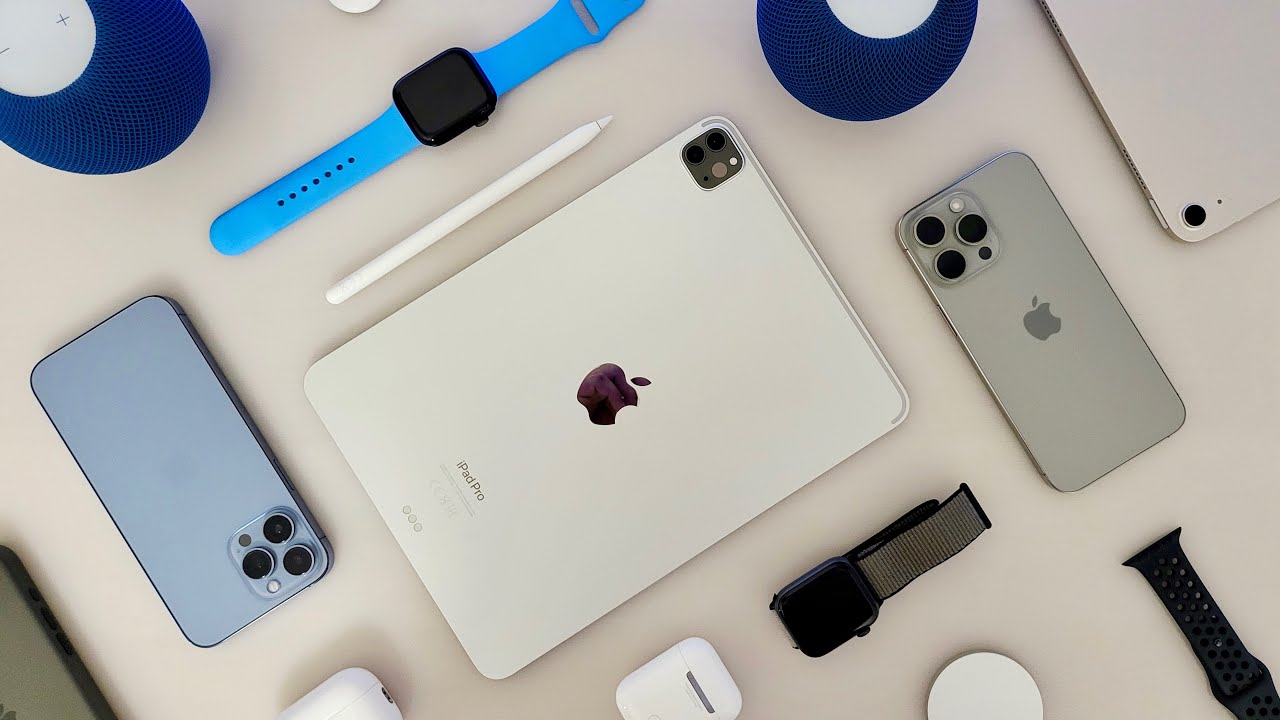Apple looks like it has run out of ideas.
- It looks like growth is becoming a real problem at Apple as it is considering entering segments where its competitors have seen very little success in a sign that Apple is pretty much out of ideas.
- The correct response in this scenario would be to return all of the excess cash to shareholders via buybacks and dividends although this would almost certainly cost Apple its high PER multiple.
- Two new products are under consideration for launch both of which would be targeting the smart home segment.
- First, Apple iHub: which is a tablet-like device similar to Alexa Echo Show or Google Nest Hub Max that can be attached to a wall or sat on a counter and is mostly controlled by voice.
- This makes sense as the kitchen is one of the few use cases (like the car) where voice is currently often used as the man-machine interface.
- Apple will add all sorts of tweaks like proximity and Apple Intelligence to the device, but I fail to see how this is suddenly going to breathe life into the home automation segment.
- The biggest problem with smart home is fragmentation where there are hundreds of manufacturers making thousands of different products none of which seem to work very well together.
- Even Amazon which is the king of the smart home has largely failed to get it to take off and so I struggle to see how Apple will succeed.
- Second, Security Camera: which is a sub-segment of the smart home and would undoubtedly be part of the iHub package.
- This is a segment that is dominated by Amazon and Apple’s Apple Home platform currently does not support some of the leaders in this space such as Ring and Blink who have chosen to go their own way.
- This is precisely the kind of fragmentation that keeps the smart home segment as a niche rather than something that every household is rushing to implement.
- Apple is very unlikely to take a conciliatory view here and encourage interoperability instead is likely to stick with its usual “my way or the highway” approach.
- The net result is that these devices look like an attempt to restart flagging revenue growth and do not really represent a new and original digital use case for users.
- This seems to imply to me that Apple is really struggling to grow and is also pretty much out of ideas in terms of how to do that.
- The Metaverse remains years away as the weak sales of the Vision Pro and Oculus Quest indicate, meaning that Apple needs to find something else or face stagnation.
- I don’t think that a foray into the smart home is going to fix the growth problem and so low growth looks to be the outlook from here.
- A 2025 PER of 30.4x is expensive for a company in this position even if it is very profitable giving me yet another reason to look elsewhere.










Blog Comments
Tom Farris
November 13, 2024 at 11:29 pm
From GPT:
2007: iPhone’s Market Impact
In 2007, Windsor expressed skepticism about the iPhone’s potential to disrupt the mobile phone industry. He questioned whether Apple’s entry into the mobile market would significantly impact established players, suggesting that the iPhone might not achieve the transformative success anticipated by many.
2010: iPad’s Market Position
By 2010, Windsor was cautious about the iPad’s ability to dominate the tablet market. He noted that while the iPad was a novel product, its success depended on consumer adoption and the development of a robust app ecosystem, factors that were still evolving at the time.
2013: Apple Maps and Software Challenges
In 2013, Windsor highlighted issues with Apple Maps, criticising its initial shortcomings and the company’s decision to replace Google Maps as the default navigation app. He suggested that this move could alienate users accustomed to Google’s mapping services.
Alex
November 17, 2024 at 12:19 am
I’m also a bit concerned about Apple valuation. To quote Lyn Alden, they appear to be a value stock priced like a growth stock.